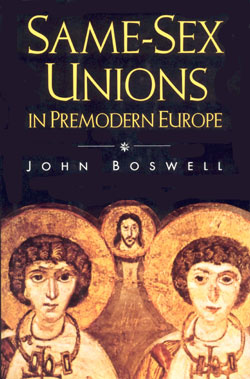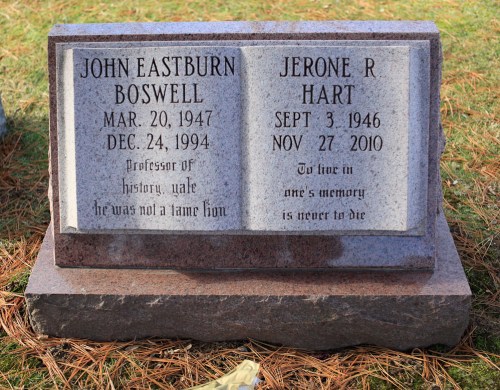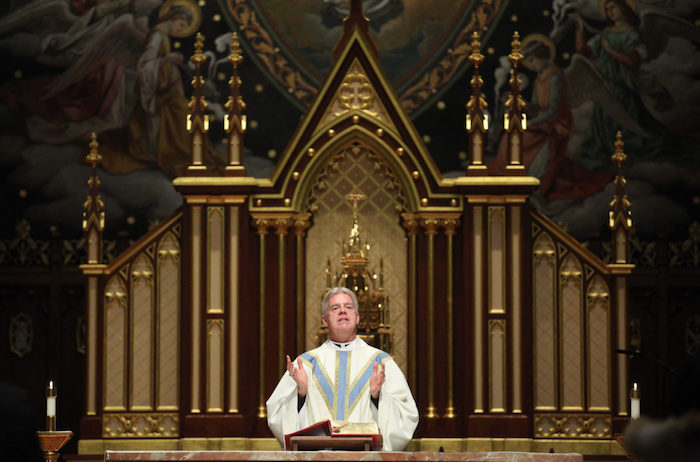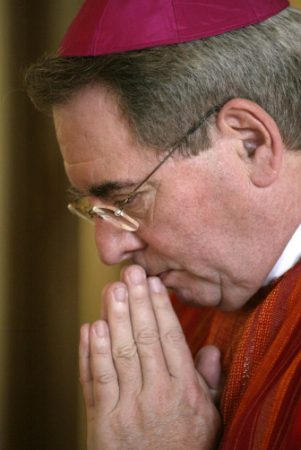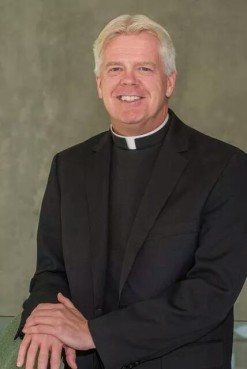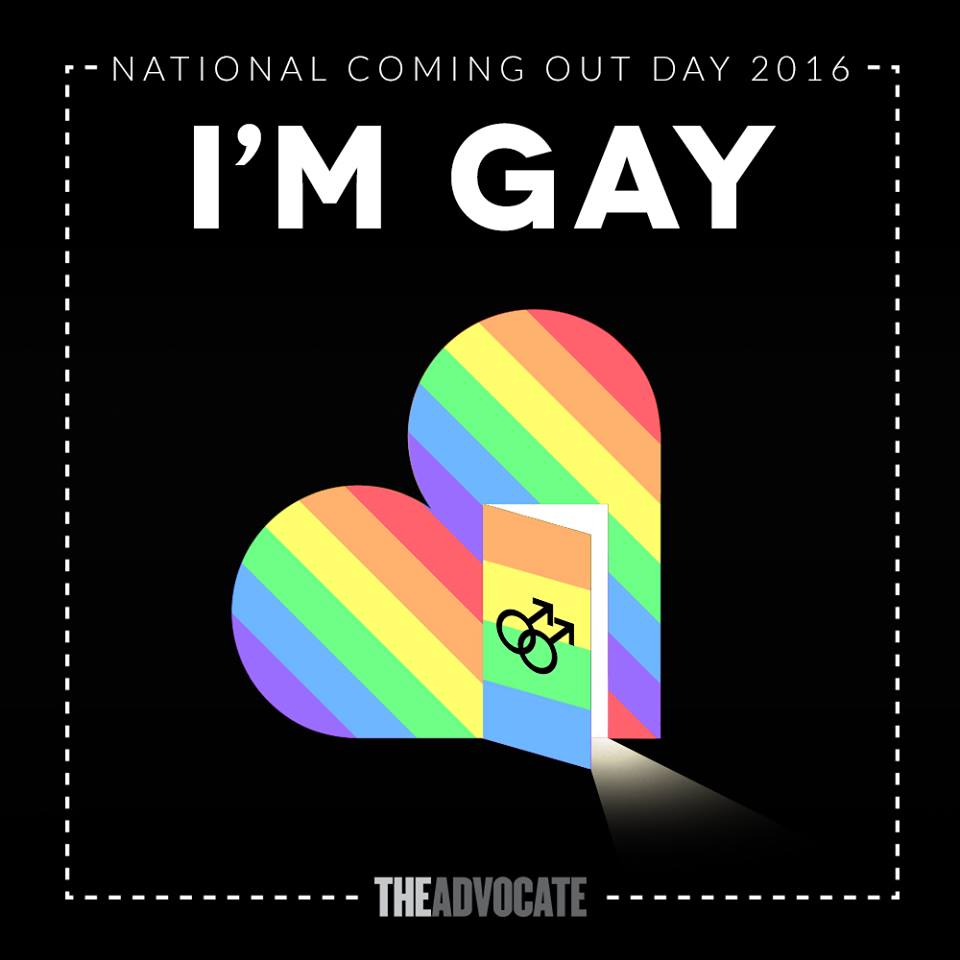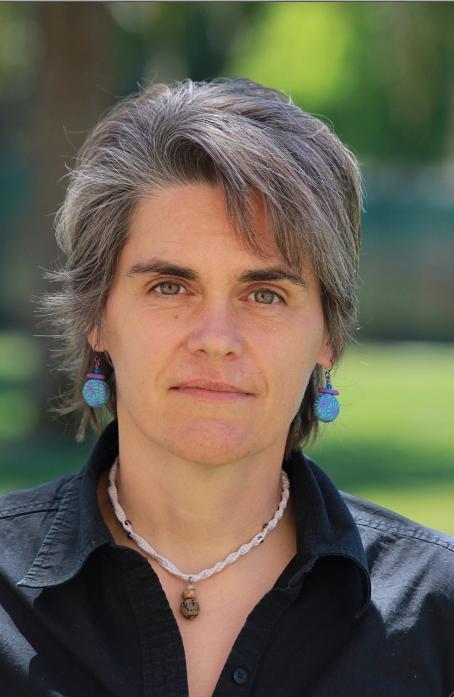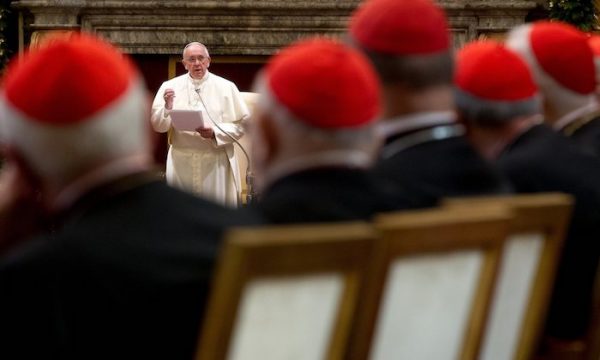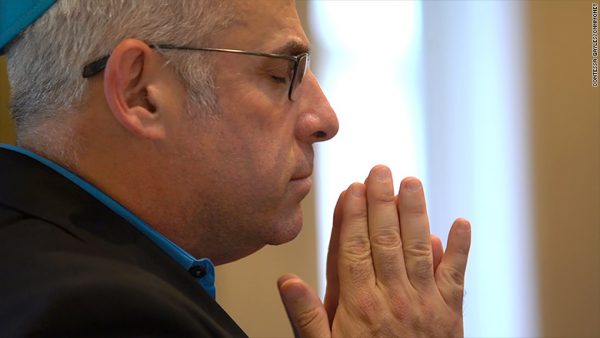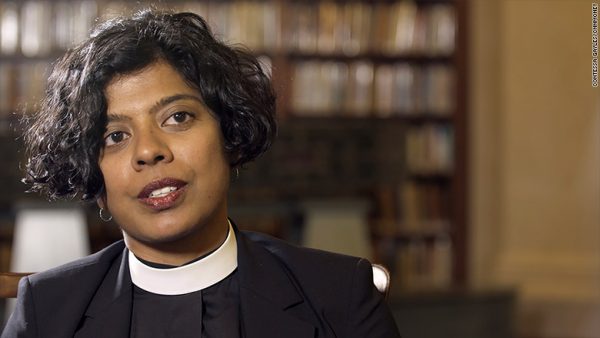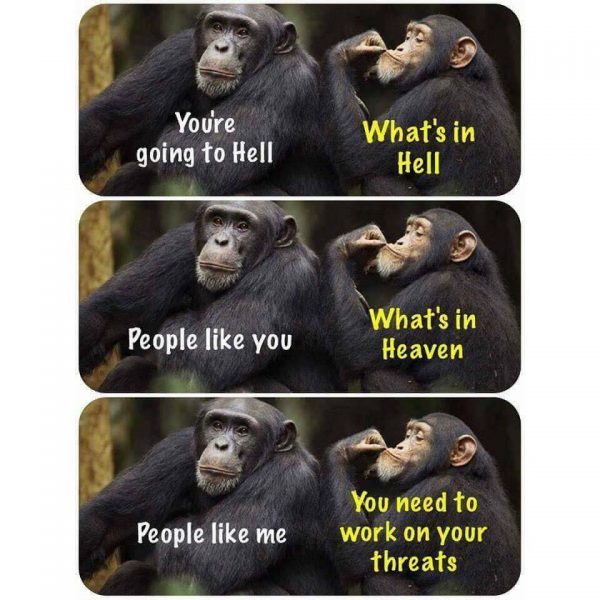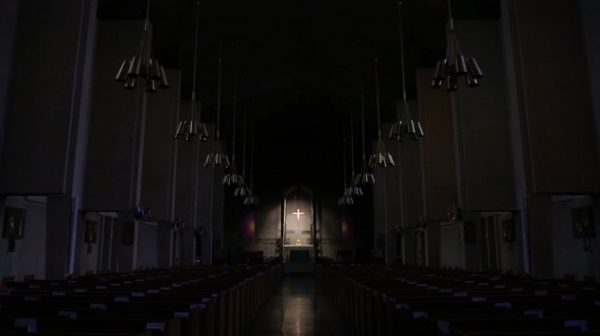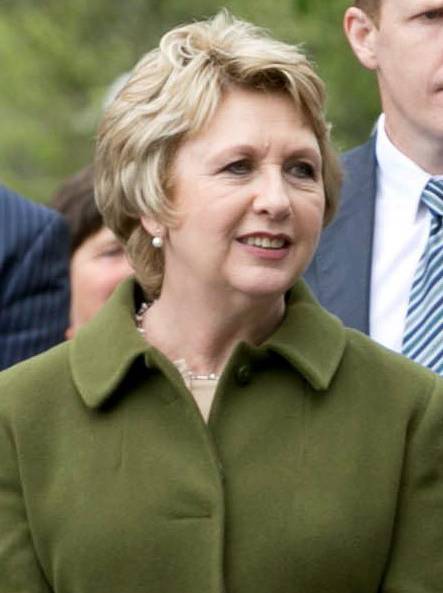There’s a reason he hasn’t come out to you yet.

By Dave Holmes
Making your way through this cruel, confounding, ever-changing world is difficult. Something make you anxious this week, or any week? Lay it on me at askdaveholmes@gmail.com. I’m here to help you minimize the damage you will necessarily inflict on the world just by being alive.
So, what’s your problem?
Dave,
I have a 17-year-old son, and I am fairly sure he is gay. He is not out, although I don’t know if he might be to any close friends. What’s hardest for me as his dad is that I know that this time of life can be confusing and frustrating to any kid, and I only know the experience of a straight guy. I can’t imagine how much harder or more complicated it must be for him. I would love to be able to be more supportive of him, but I certainly am not going to confront him.
Since your column a couple of weeks ago was advice for coming out to your family, my related question is: What advice do you have for the family of someone who hasn’t yet come out?
Many thanks,Mark
Mark, you are one hell of a father, so first and foremost: thank you. You’re attuned to your kid’s developing identity, you’re not trying to change him, and you’re considering how your words and behavior will affect him down the road. I’m not a parent, but I know these are all difficult and necessary things. You are actively improving your son’s quality of life just by thinking about them. Well done.
Here’s a story to illustrate what you should definitely not do. Years ago, when I was not much older than your son, I was at home on a Sunday night flipping through the TV channels with my mother. Not much was on: a Murder She Wrote we’d already seen; a Parker Lewis Can’t Lose she wouldn’t have understood; probably an actual opera in Italian on A&E or Bravo, because that’s actually what those networks used to give you. I paused on our local PBS affiliate, where a huge choir was singing, and after a few seconds I realized it was the Gay Men’s Chorus of some city or another doing a fundraising concert.
I stopped there, just to see what would happen. At this time in my life, I was 99 percent certain I was gay, though nowhere near ready to spring it on my parents. We had no gay people in our lives back then, no way to gauge my family’s level of tolerance. And here it was: the most passive, least courageous way I could drag the topic into the family room, kicking and singing.
We had no gay people in our lives back then, no way to gauge my family’s level of tolerance.
We watched as they delivered a rendition of what I remember as “Somewhere Over the Rainbow,” because either they or my memory are unforgivably basic. But it was gorgeous. Stirring and brave and subversive, coming as it did in a time before marriage equality was on the map, a time when you only saw gay people on the news. I got chills.
Then they finished, and my mom turned to me and said, “I really pity them.”
I switched it to Parker Lewis and left the room.
Now, I am comfortable telling you this story now because it was ages ago, she has come a long way since then, and also there’s a zero percent chance she’s ever going to read this because it’s on the computer. But it stands as evidence that sometimes saying nothing is the stronger choice
Good on you for not point-blank asking your son whether he’s gay. You are probably going to be the last person he tells. That doesn’t mean that he doesn’t trust you or that you didn’t make it an easy enough process for him. It means one simple, inescapable thing: Once you have told your dad you’re gay, there is no going back. You have given your final answer, and you are locking it in. And what if it all just lifts one day, and you wake up straight, and then you get married and have to spend your whole wedding day wondering whether your dad is thinking about what you told him that one time?
Right now, if your instinct is correct, your son is sorting through all of his competing urges and trying to determine which are his and which belong to society. Right now, everything is possible. You are probably correct that the confusion and frustration he’s experiencing is different than what you and all teenagers have gone through. But as to whether it’s harder, it’s all relative. This is the only adolescence he’s ever going to have. And as you know from personal experience, it’s not like straight teenagers are dying for their parents’ involvement in their relationships and identity development. Right now, he has to be secretive, not because he’s gay, but because he’s 17. And if his personal experience is indeed tougher than his peers’, then he will end up tougher than his peers.
I’d love to say that you should do a big, showy “Hey, I sure do like those gay people” at the dinner table. I want to tell you to find out when Brokeback Mountain is on HBO and then accidentally turn it on right at the beginning when he’s in the room. I wish it were as simple and CBS-sitcommy as invite the gay guy from work to family bowling night. But it isn’t. Don’t do any of these things. At this age, kids are not only wildly self-conscious, they are also you-conscious. They know what you’re trying to do and what you’re asking without asking. Any well-meaning attempt to raise The Topic is only going to make him more nervous.
At this age, kids are not only wildly self-conscious, they are also you-conscious.
The one thing you can do, which I suspect you’re already doing, is to make him feel like a secure and separate person. To chisel away at the shame our culture hangs on all of us. To make him strong in his opinions and choices, even when they wouldn’t be yours. Discuss the news of the day with him, and when he makes a point that differs from yours, thank him for giving you a fresh perspective. Do what you can to make him feel like he can stand on his two feet, even when he’s standing apart from you. It’s a skill he’ll need, no matter which side of the fence he eventually lands on.
No matter what you do, know one important thing: He’s 17, and he’s probably going to react by rolling his eyes and going to his room. That’s what I did when my own father subtly tried to engage with me long ago. Teens can’t help it. It is their job. But trust me: Your son is listening, and he won’t forget it. (And Dad, wherever you are: I see now what you were doing playing so much Wham! in your car, and I appreciate it.)
But again, by simply being the kind of person who asks a question like this, you are doing more than most fathers. This kid is lucky to have you. We all are
Complete Article HERE!

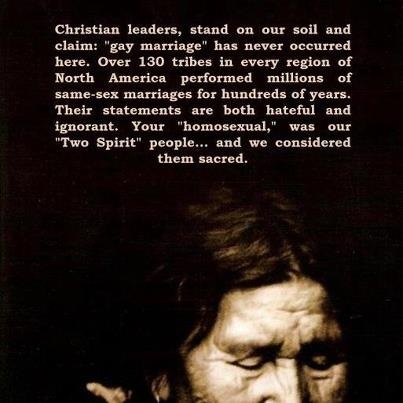
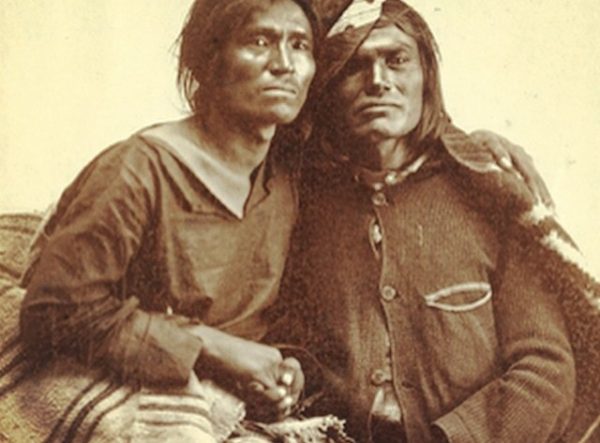
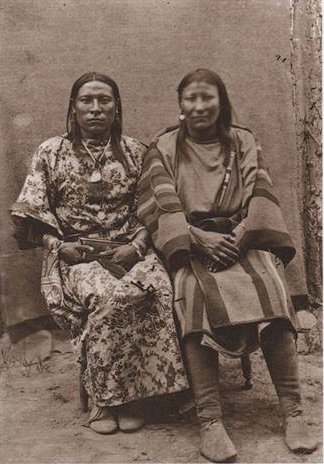
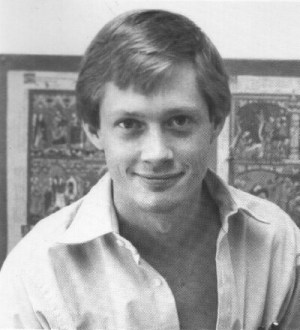 John Boswell (1947-1994) was a prominent scholar who researched and wrote about the importance of gays and lesbians in Christian history. He was born on March 20, 1947.
John Boswell (1947-1994) was a prominent scholar who researched and wrote about the importance of gays and lesbians in Christian history. He was born on March 20, 1947.